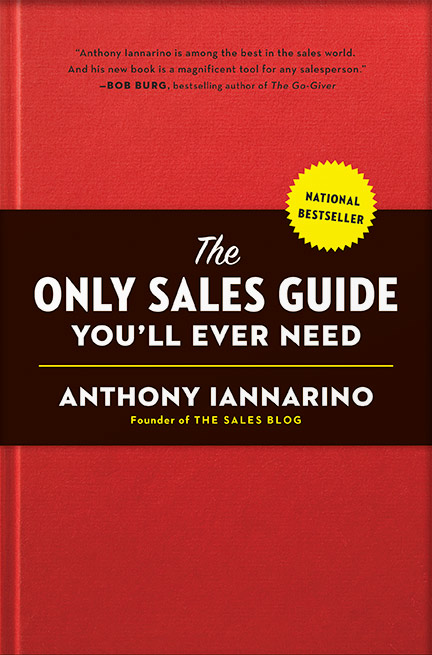The likelihood of winning a deal is inversely related to the number of days you have been working it.
Your ability to acquire a meeting is a measurement of the imbalance between the time your client gives up in exchange for the value you create.
Every “no” moves you closer to a “yes,” to the degree that you are willing to change your approach, learn from the feedback you receive, and persist over time.
Your choice of medium for difficult conversations is a projection of how confident you are in your ability to create value for your client.
The most difficult clients to win are the easiest to retain.
The percentage of the first ten minutes you spend in your first sales conversation focused on providing proof that your company and products are worth buying, the lower the odds of you selling those same products.
The greater your client weighs your pricing as the determining factor for a decision to buy from you, the shorter the time they will be your client. When this isn’t true, you will retain the client but regret having acquired them.
The more discovery questions you ask on a cold call, the more you eliminate the possibility of obtaining a meeting.
Learn Anthony's core strategies & tactics for sales success at any level with The Only Sales Guide You'll Ever Need
The worst time to win a client is the first time they make a low frequency, high significance decision. The third time they make the decision is the best time to win them. Having been disappointed and having confronted the reality, they are educated enough to be retained.
The prospect who ceaselessly complains about your competitor is likely to be as big a nightmare for you as they are your competitor.
A contact that displays low moral intelligence throughout the sales process will expect you to be complicit in their bad decisions after they sign your contract.
The longer you effectively nurture a client, the closer you are to an opportunity. The loyalty they show your competitor is the loyalty they will extend to you.
The more you perceive the grass being greener somewhere else, the more weeds you will become exposed to once you walk across the street.
Your odds of keeping a client after making a mistake is proportional to the time it takes you to respond multiplied by the leadership you exercised multiplied by the time it takes to execute divided by how much you try to blame external factors.








.jpg?width=768&height=994&name=salescall-planner-ebook-v3-1-cover%20(1).jpg)


